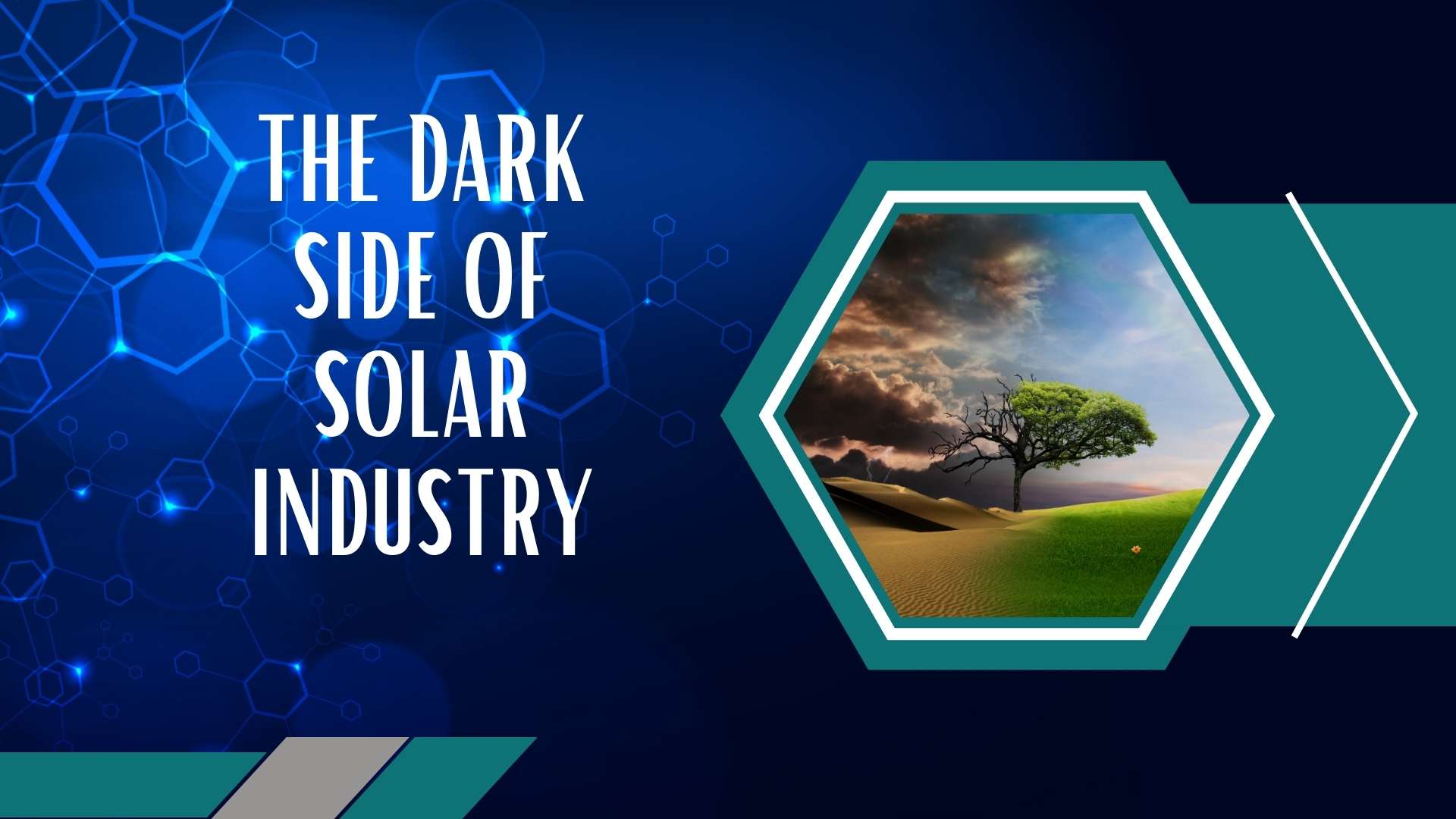The dark side of solar
Solar energy is often hailed as a clean, renewable, and sustainable source of energy. What’s more, we know that it can help mitigate the effects of climate change.
Indeed, the solar industry has grown rapidly in recent years. With the global solar capacity reaching over 760 GW in 2020 and still rising. However, like any other industry, there are also dark sides to the solar industry that must be acknowledged and addressed. I will try to explore some of the negative aspects of the solar industry, including environmental, social, and economic impacts.
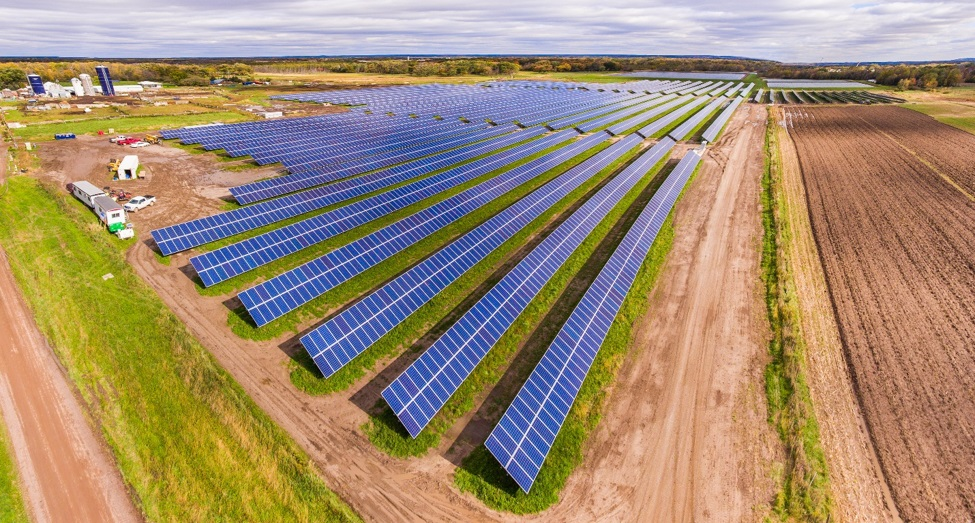
Environmental Impacts
While solar energy is often touted as a clean and green energy source, it is not entirely free from environmental impacts. One of the main environmental concerns associated with solar energy is the use of hazardous materials in the production of solar panels. Solar panels contain materials such as lead, cadmium, and arsenic. They pose risks to the environment and human health if not handled properly. Producing solar panels also requires significant energy, often derived from fossil fuels. This means that the carbon footprint of solar panel production is not negligible. Ensuring that the energy used in manufacturing solar panels comes from renewable sources is crucial.
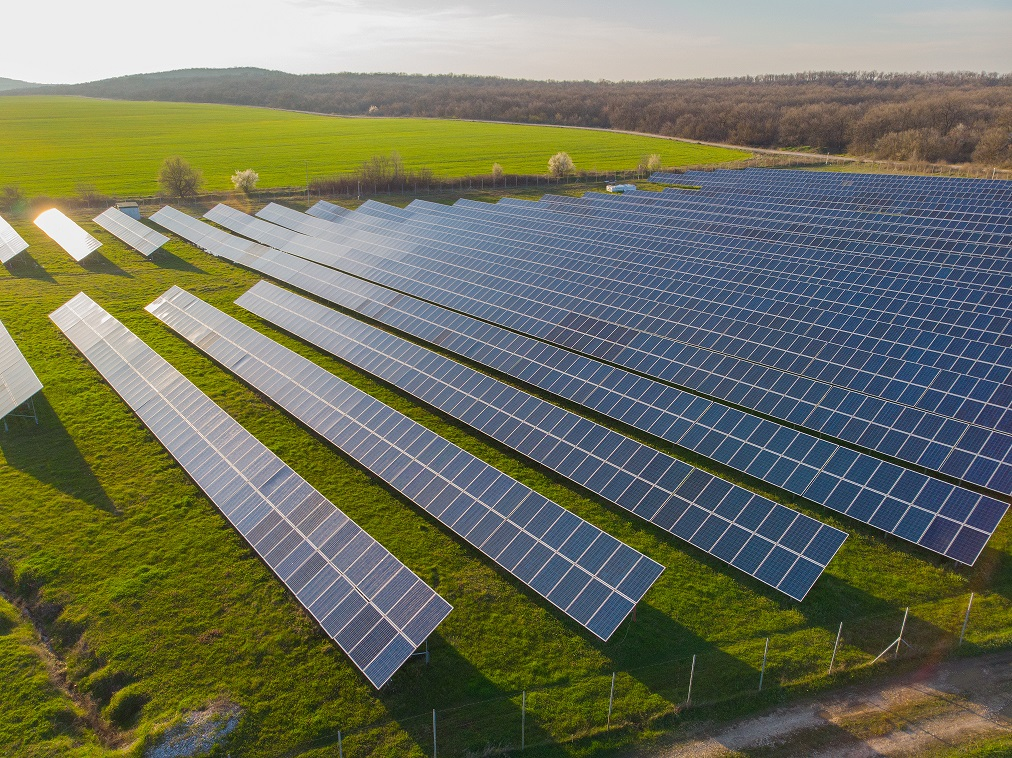
Another environmental impact of solar energy is land use. Large-scale solar farms require vast amounts of land, which can displace wildlife and habitats. In some cases, solar farms have been built on land previously used for agriculture, which can negatively impact food production.
Social Impacts. The dark side of solar
The solar industry can also have social impacts, particularly on local communities where solar farms are built. One issue is the displacement of indigenous and marginalized communities. For example, solar farms have been built on land that indigenous peoples traditionally use for hunting and gathering. It can disrupt their way of life and their cultural heritage.
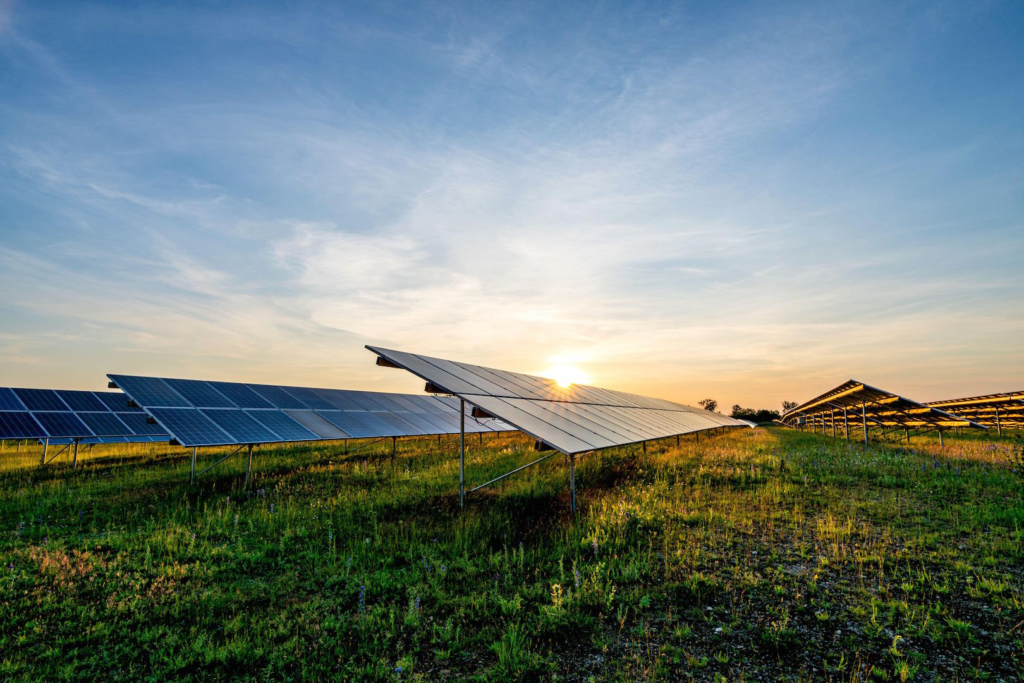
Another social impact of the solar industry is the potential for labor abuses. The production of solar panels is often outsourced to developing countries where labor laws are lax, and workers are paid low wages. This can lead to poor working conditions, low wages, and even forced labor.
Economic Impacts
While solar energy is often touted as a cost-effective and sustainable energy source, it is not without economic impacts. One issue is the potential for solar energy to displace workers in traditional energy sectors such as coal and gas. While the solar industry creates new jobs, transitioning to renewable energy can be difficult for workers who lose their jobs in traditional energy sectors.
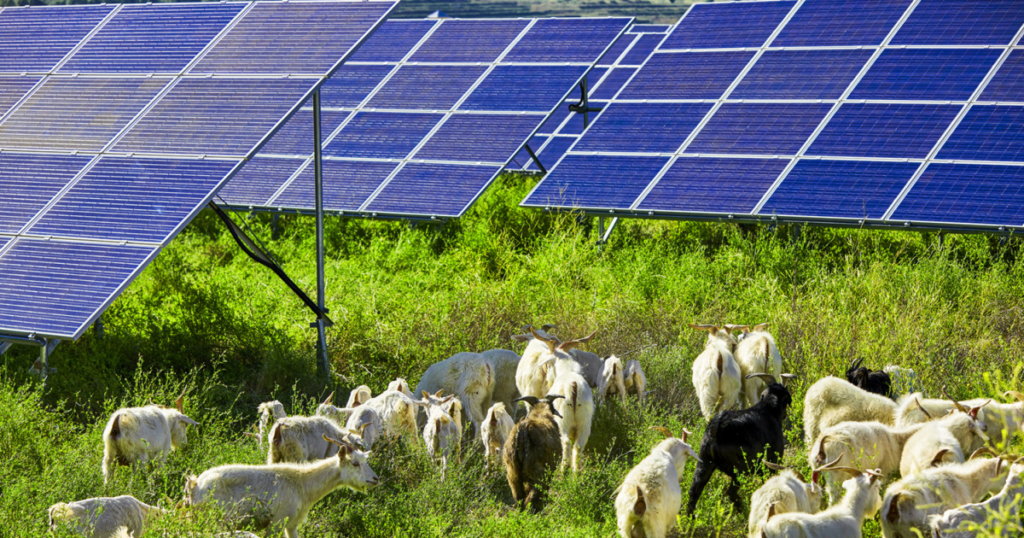
Another economic impact of the solar industry is the potential for price volatility. The price of solar panels can be affected by factors such as changes in government policies, the availability of raw materials, and changes in demand. This can make it difficult for solar companies to plan and invest long-term.
Waste Management and PV modules recycling
The production of solar panels generates significant waste, including hazardous materials such as lead and cadmium. While some components of solar panels can be recycled, the process is often difficult and expensive. As a result, much of the waste generated by the solar industry ends up in landfills. It can be improperly disposed of, which can negatively impact the environment and human health. Furthermore, solar panels have a limited lifespan, typically around 25-30 years, and must be replaced at the end of their useful life. This creates significant electronic waste that must be appropriately managed to prevent environmental contamination.
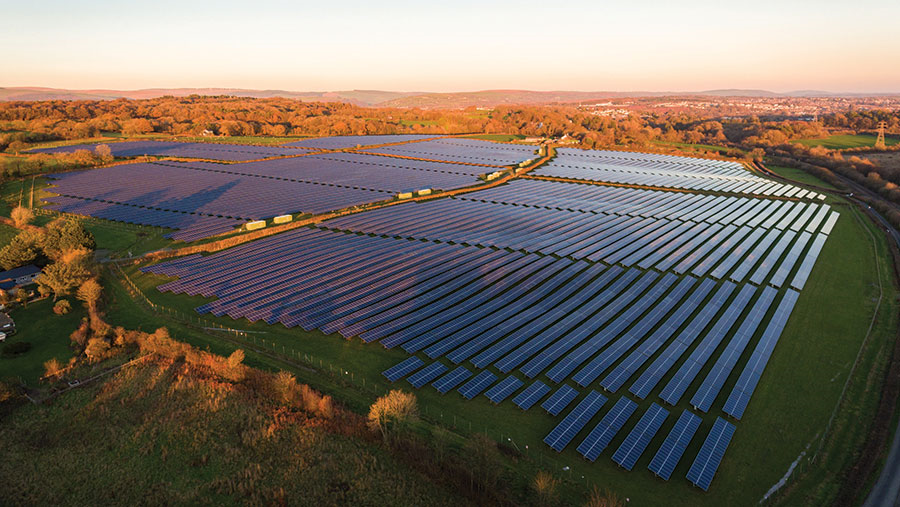
So…
The solar industry is not without its dark side, and it is important to acknowledge and address the negative impacts associated with solar energy. Environmental impacts include using hazardous materials, land use, and carbon emissions related to production. Social effects include the displacement of indigenous communities and labor abuses. Economic impacts have the potential for job displacement and price volatility. Finally, the solar industry generates significant waste, which must be adequately managed to prevent environmental contamination.
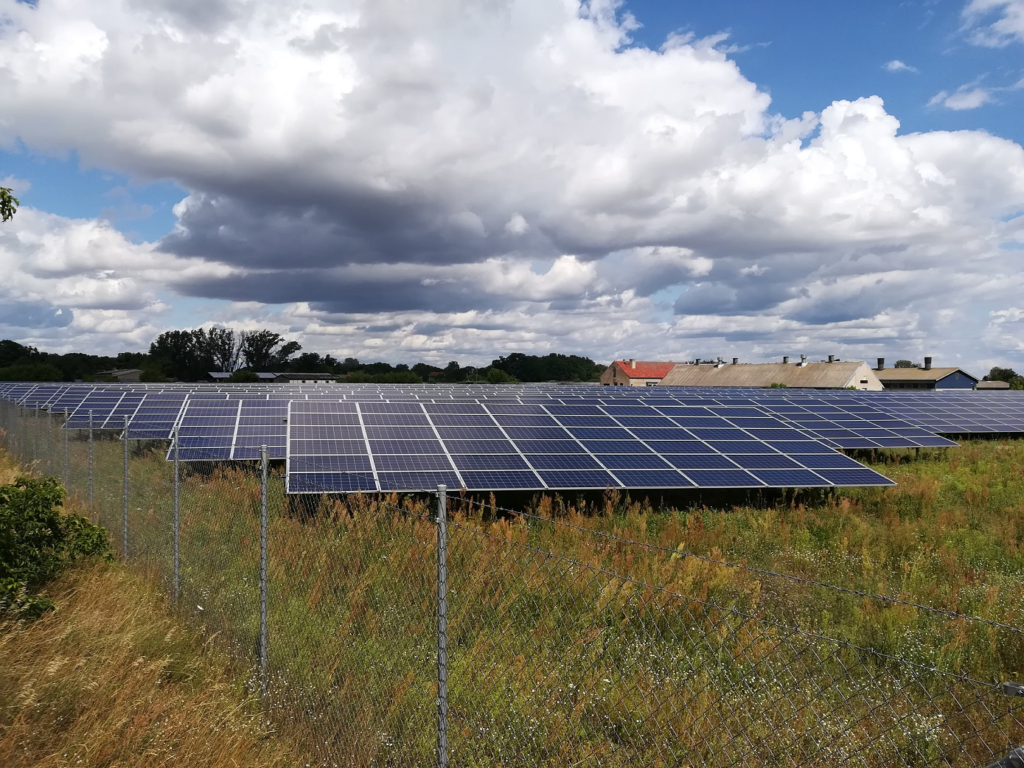
However, solar energy is our great chance and possibility to stabilize energy problems. That is why solving all the above issues is so important. This is already visible in the actions of governments and companies in the industry. More and more effective legal and technical solutions are being developed. More and more companies on the market are also dealing with and researching the recycling processes of photovoltaic panels.
So it’s time for a change…
If you are interested in investing in photovoltaic farms in Poland, don’t hesitate to get in touch with us
at +48 797 897 895 or biuro@lighthief.com
Read about solar asset management in Poland.
Also read about Solar Investments in Poland.
Read about Poland’s solar farm’s industry.
Read about Chinese solar investors in Poland.

